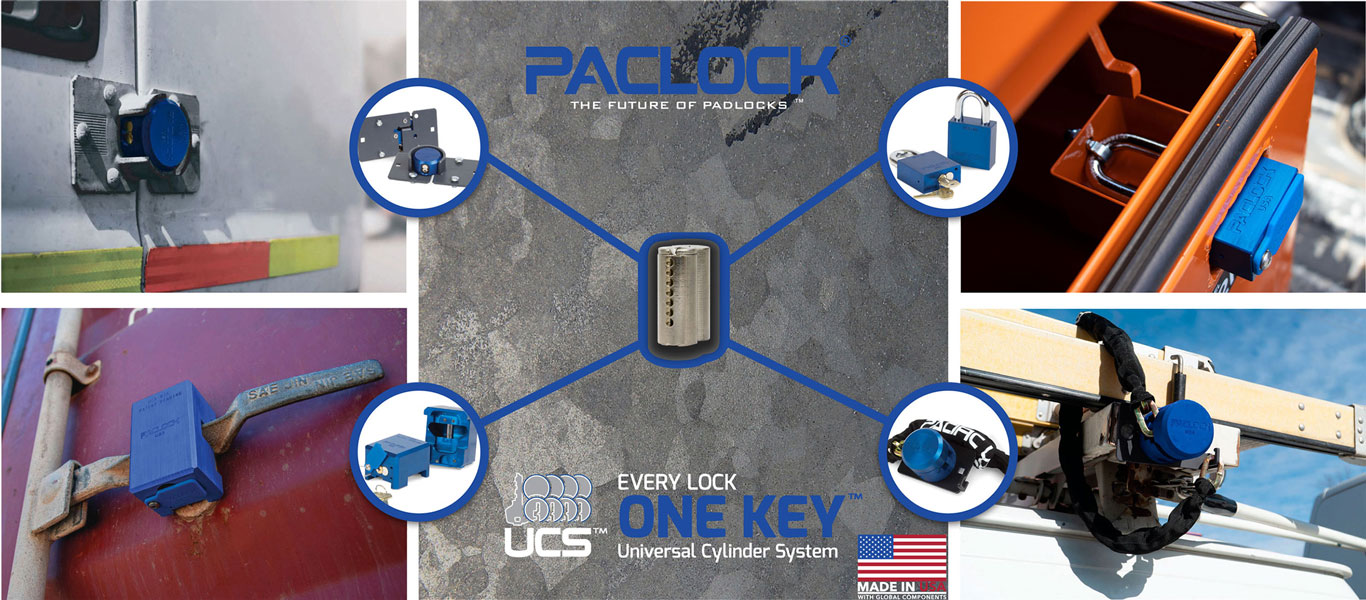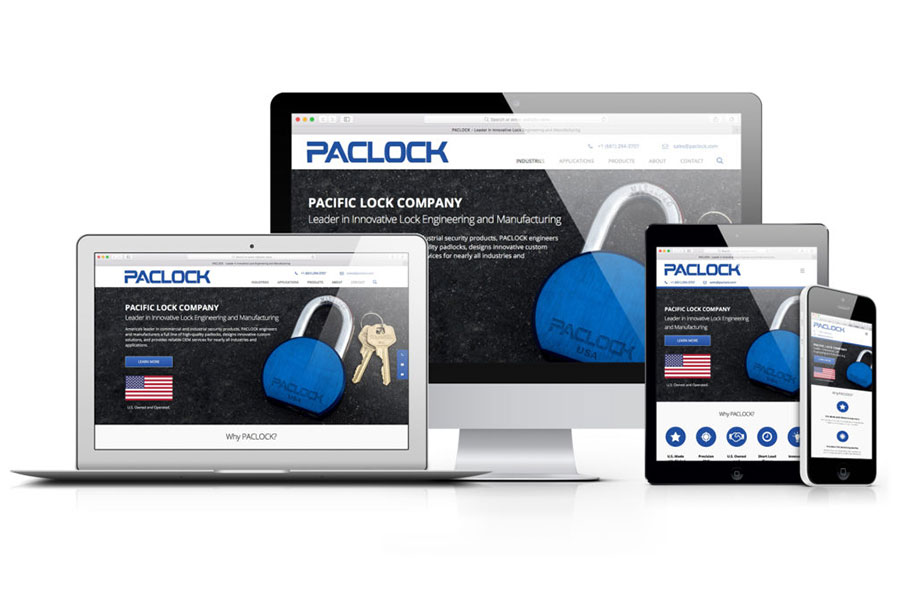A week ago, Pacific Lock Company (PACLOCK®) sent President Trump a letter and subsequently a press release about the Defense Logistics Agency (DLA) buying from big businesses to save, at times, less than a percent had the DLA bought from a small business. No, PACLOCK® has not heard a response from the president nor his staff. But that has not stopped Gregory Waugh, president of PACLOCK®, from pushing forward on the issue.
While PACLOCK® has not gotten a response from the president, the DLA has publicly commented on the situation by saying that the agency works hard to support procurement from small businesses. In fact, the DLA touts the fact that they have exceeded their goals for such procurement actions.
“The DLA is doing what is required of them by law, but they are not doing their duty to truly support small businesses,” says Mr. Waugh. What he is referring to is how the Federal Acquisition Regulation (FAR) forces the DLA to set aside procurement actions if certain criteria are met. For instance, if two small business domestic manufacturers are expected to bid, then the solicitation must be setup as a “Small Business Set Aside” where only small businesses are allowed to compete. “The FAR forces the DLA to do this, and then the DLA takes credit for supporting small businesses,” says Mr. Waugh.
But what happened recently to PACLOCK®, the DLA determined that only one small business domestic supplier was expected to bid and, therefore, the solicitation would be procured as “unrestricted.” Quite simply, this means that the offered goods can come from any type of businesses and, frequently, from anywhere in the world. Again, the FAR forces this situation to insure the government gets good competition.
This means then, that the sole remaining small business domestic producer is now put into the procurement arena against large businesses and businesses possibly producing overseas. “Clearly this is not a fair fight nor level playing field,” says Jennifer Waugh, co-owner and Vice President.
Could the DLA do something to make it a level playing field for the small business competing for unrestricted solicitations? “Absolutely,” says Mr. Waugh. The FAR allows the contracting officer to offer “extra credit” for things like small businesses or domestic manufacturing. “In my eleven years of working with the DLA, I have never seen them offer a pricing preference for small businesses or domestic manufacturing on unrestricted bids,” says Mr. Waugh.
This is why Mr. Waugh feels that the DLA is misleading the public when it says it supports small businesses and domestic manufacturing. “Doing something because there is the proverbial gun to your head like the FAR has to the DLA with small business set asides does not get the credit from me that the DLA supports small business. Rather, the fact that I have never seen the DLA do its duty when the DLA is not required to, but should, is the true test of support,” says Mr. Waugh. And the DLA fails that test according to Mr. Waugh.
What seems to be missing from the DLA’s perspective is that when a small business needs the DLA’s help the most, the DLA deliberately ignores the opportunity by no offering extra credit. “And this really hurts the existing small business and any other potential small businesses deciding whether or not to jump into the fray,” says Mr. Waugh. The idea is that most small businesses do not look to compete directly, head to head, against large businesses. There are a lot of reasons why the small businesses will lose a pricing war, and, as such, the small business never reaches out to the DLA.
If, however, the small business knew it could count on the DLA’s support with some pricing concessions in an unrestricted bid scenario, then the small business may feel like it has a chance to earn federal contracts. “And if a small business feels like they have a chance, then you’ll see a small business succeed,” says Mr. Waugh.
There are two ways that this problem can be solved. First, the culture at the DLA can be changed so that all contracting officers recognize the value of small businesses and domestic manufacturing and voluntarily add incentives appropriately. “No change needed to the FAR for this to happen ~ quite simply the head of the DLA needs to send out a memo and make it mandatory,” says Mr. Waugh.
In the long run, a change to the FAR is required. Supporting small businesses and domestic manufacturing is too important of a concept to allow contracting officers to decide if when they intend to do it. Mr. Waugh has been working closely with his congressman’s office to assist in this effort. “Congressman Knight’s office has been tremendously supportive of our efforts by working with the Small Business Administration Office of Advocacy to investigate a number of things on our behalf,” says Mr. Waugh.
Mr. Waugh hopes that with Congressman Knight being the Chair of the Subcommittee on Contracting and Workforce for the Small Business Committee, changes to the FAR that would have immediate and substantive effect on small businesses’ ability to compete for and win federal contracts would be possible in the short term.
“I’m confident that the DLA, and any other federal agency procuring under the FAR, would see a drastic increase in small business and domestic manufacturing if those agencies offered incentives on their unrestricted solicitations,” says Mr. Waugh. “I know our family’s business would be more eager to compete in areas we typically don’t if we knew that the DLA would level the playing field.”
Mr. Waugh encourages all small business to take this letter, put your name on it, and send it to your congressperson and senators.





